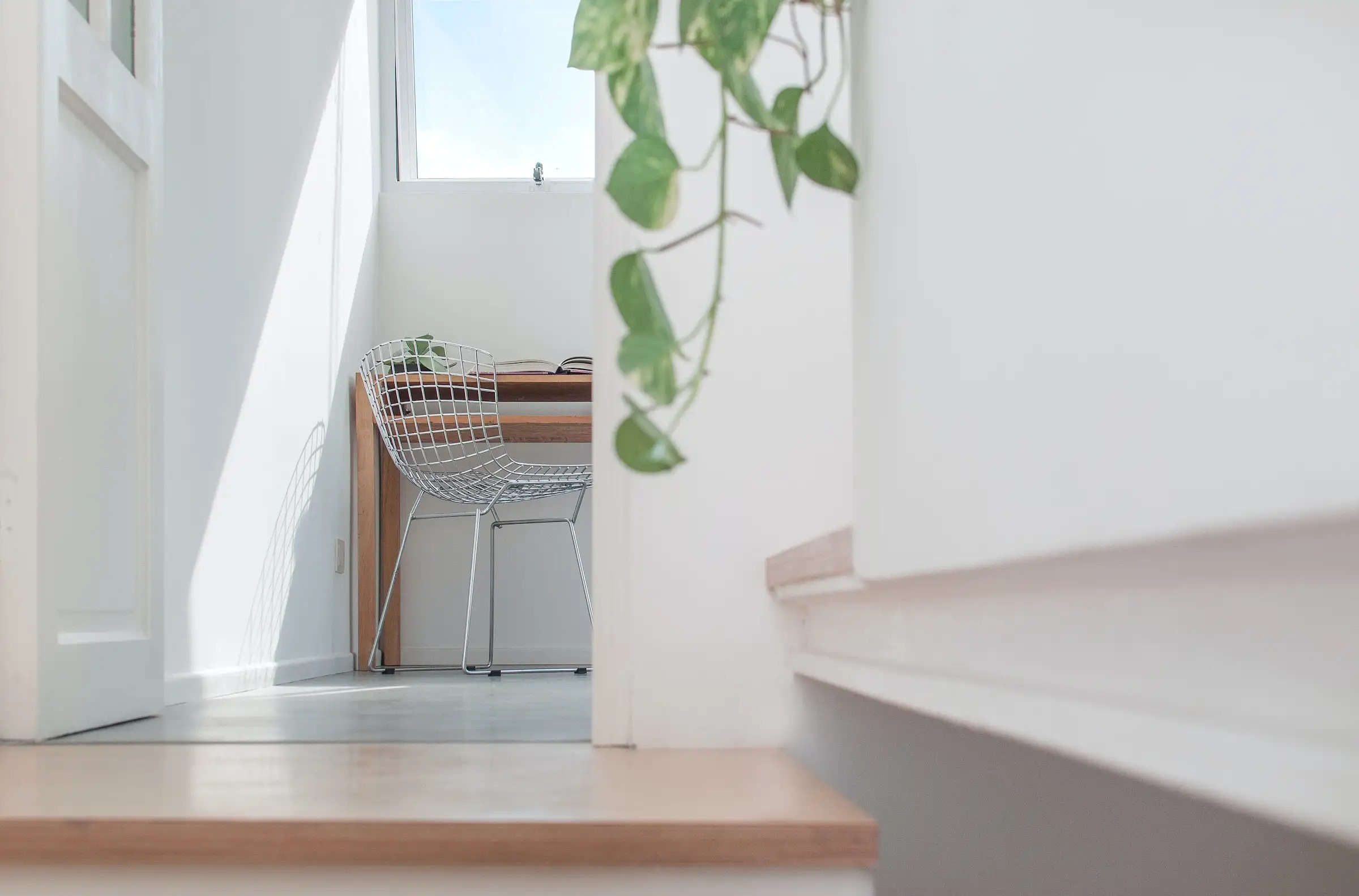Tiny Living: A Journey To Minimalism And Sustainable Happiness

In recent times, the pursuit of a lavish lifestyle has taken a backseat to a new age mantra: minimalism. This shift is especially evident with the rise of tiny living, where people are downsizing their homes in favor of a simpler, laid-back life. Let's delve into the concept of the growing popularity of tiny living and explore the positive impact of downsizing.
Tiny Living: A Lifestyle Revolution
The essence of tiny living lies in downsizing and embracing spaces that are approximately 400 sq. ft. These homes, whether built on wheels or with a foundation, share a common focus—minimalist living. It's not just a passing trend; it's a conscious lifestyle choice aimed at achieving a clutter-free, peaceful existence that is both sustainable and generates minimal waste.
Benefits of Tiny Living
Enhanced Emotional Well-being:
Opting for tiny living significantly influences individuals' lives in a positive manner. By creating space only for essential items, people report increased happiness levels, a sense of peace, and a more relaxed, clutter-free lifestyle. This contributes to an overall enhancement of emotional well-being.
Financial Liberation:
Tiny houses offer a financial reprieve, being more affordable and cost-effective. Whether individuals build their own homes or seek assistance from tiny house builders, the financial burden is noticeably reduced. The saved funds can then be redirected towards investments or other financial goals, leading to tangible financial gains.
Freedom to Roam:
Those residing in tiny houses on wheels enjoy the freedom to hitch their wagon anywhere in nature and travel to any destination at their whim. This mobility adds a sense of adventure and spontaneity to their lives.
Time Efficiency:
Downsizing translates to spending less time on household chores. With less space to clean and manage, individuals find themselves with more time to pursue essential activities, hobbies, or passions, fostering a more fulfilling life.
Sustainable Living:
Choosing tiny living contributes to a reduction in waste and promotes sustainable living practices. Some building firms now focus on providing tiny cabin homes constructed with sustainable materials, offering an eco-friendly and easy-to-set-up housing solution.
Environmental Impact:
Tiny living results in lower energy consumption, with eco-friendly options and reduced use of materials. This conscious choice positively impacts the environment, aligning with the global push for sustainable living.
Mindful Consumption:
Owning less, consuming less, and residing in a tiny house diminishes the urge to participate in a capitalist consumption economy. This shift towards mindful consumption allows individuals to opt out of the rat race and be part of a more sustainable, mindful lifestyle.
In Conclusion
Tiny houses, or downsizing—call it what you will—is more than a housing trend. It's a conscious choice to be part of an eco-friendly culture, an active member of the green revolution, and a commitment to living a mindful life as a true minimalist. With less to consume and less to waste, embracing tiny living becomes a meaningful journey towards sustainable happiness.
.jpg)
